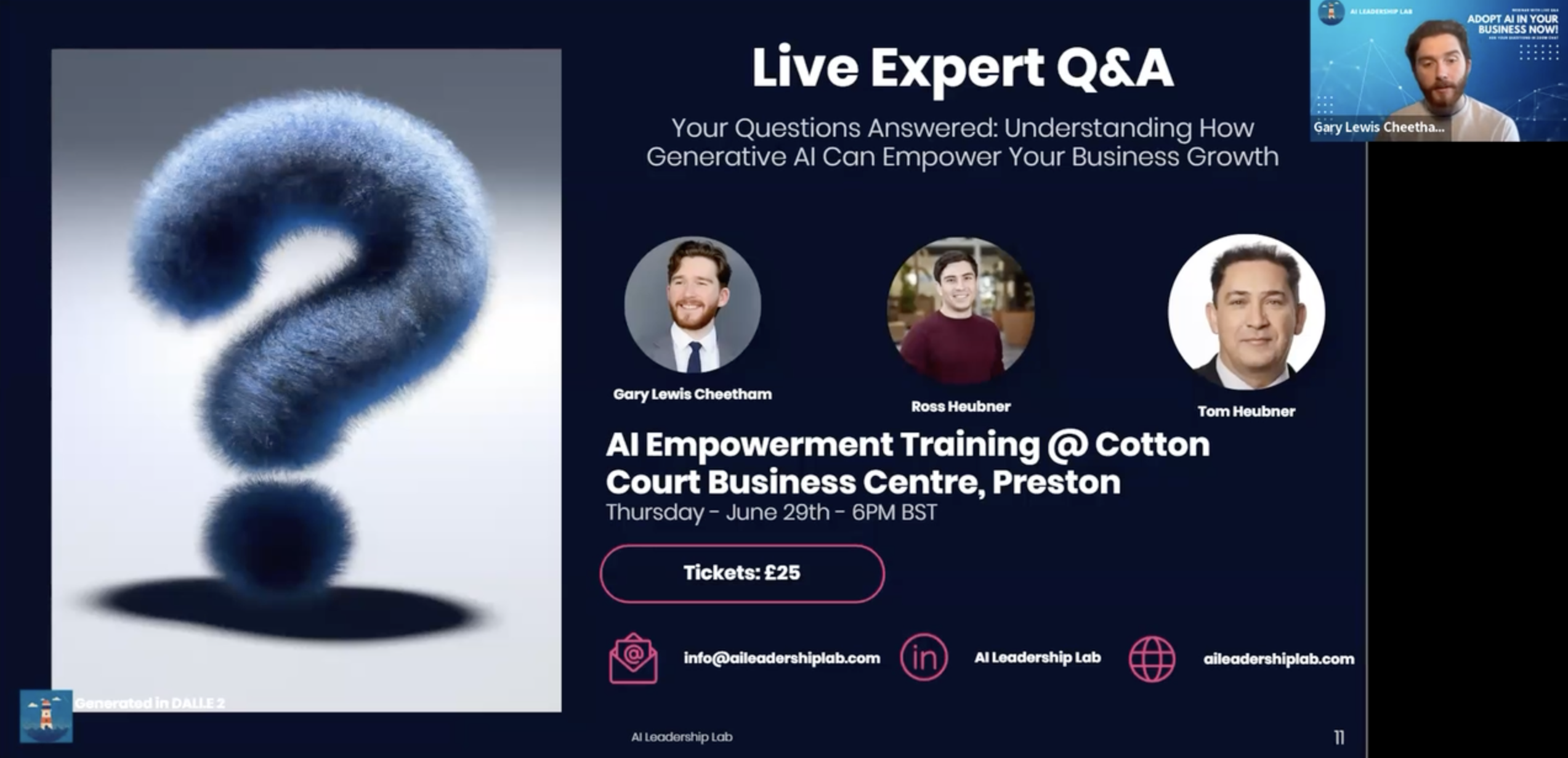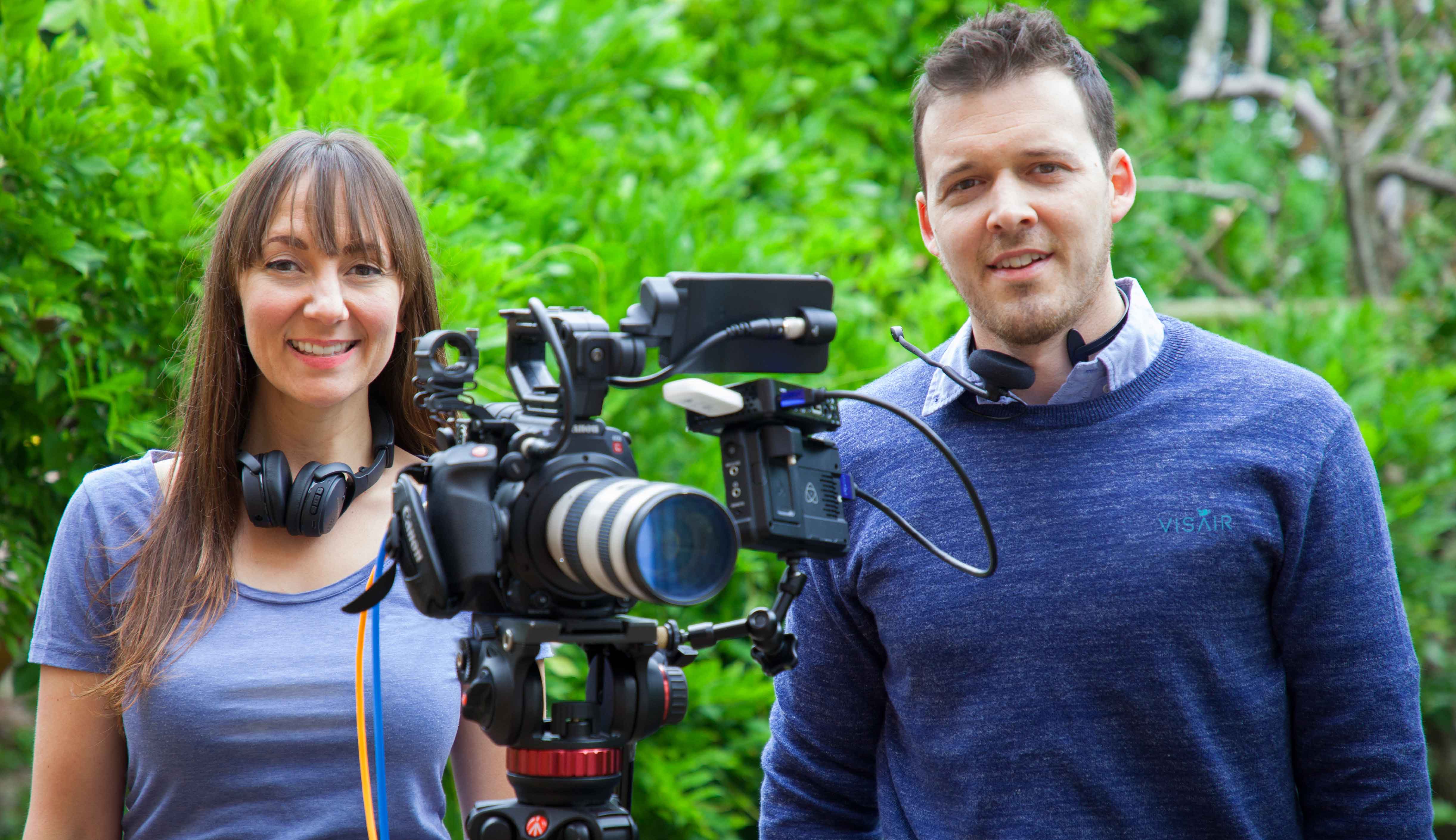
Recently during our live Q&A session, Gary Lewis Cheetham, a leading SEO expert specialising in the automotive marketing field, answered a question about the transformative role of artificial intelligence (AI) in boosting web traffic.
He shared valuable insights drawn from his extensive experience with AI models and SEO, particularly in using automated Python scripts and custom GPT models to generate top-ranking content.
This underscores the strategy of focusing on a "quantity over quality" approach, ensuring that a high volume of content is produced, covering every possible variant of a topic, to maximise visibility and boost web traffic.
However, Gary also brought attention to the complex dynamic with search engines, particularly Google, when using AI for content creation. While Google has not expressly forbidden AI-generated content, it emphasises the importance of quality, warning against 'poor quality content'.
Gary recommended utilising AI to generate a large volume of content but stressed the importance of maintaining high standards of quality, regularly reviewing the output. He advised media websites to adapt to this evolving landscape by focusing on fundamental SEO principles and establishing topical authority in their niche.
Q: Gary, can you share your thoughts on how a news media website can utilise AI to increase web traffic?
Sure. Throughout my career, I have experimented a lot with AI models, particularly in the field of SEO. I've extensively used GPT-3, and also automated the content production process using Python scripts.
It's essentially a cat and mouse game with search engines when it comes to generating AI content. Interestingly, Google hasn't explicitly stated that AI-generated content violates their terms of service. So they are not eliminating websites for using AI content. Their main concern is what they term 'poor quality content'.
Q: So, how would you suggest a news media website approach AI to boost their web traffic?
The best approach, in my view, is to prioritise both quality and quantity. Aim to churn out as much content as you can. And when I say "as much", I mean in the region of 1000 to 2000 posts a day!
The resources at your disposal dictate the extent of your production, but at this point, quantity doesn't really matter. Google is set to introduce generative results into their search engine results page in the future, which will dramatically alter the landscape. You might see your traffic fluctuate due to this change.
However, by reverting to the fundamental SEO principles of EAT - Expertise, Authority, and Trustworthiness - and focusing on building a strong personal brand, you can navigate this. If your business brand is recognised within your sphere and you have established yourself as an expert in your niche, you'll be on the right track.
Can you tell us more about "topical authority"?
Cheetham: Topical authority refers to the degree of command your content demonstrates over a specific subject or niche. By producing a large volume of high-quality content on your chosen topic, you not only cover your subject in its entirety but also establish yourself as a trusted authority on the topic.
In my view, you cannot go wrong with producing as much content as possible, provided you maintain a consistent focus on your topic. This strategy not only helps establish topical authority but can also significantly boost your web traffic.
An innovative approach to integrating AI in content creation provides a promising path for news media websites, blogs and online magazines looking to increase their web traffic. His advice underscores the immense potential of leveraging AI in conjunction with robust SEO strategies, offering valuable lessons for digital marketers and media professionals alike.
Gary and other AI experts from AI Leadership Lab will be at the North West ChatGPT user group open evening on 29th June, free to attend for Manchester Digital Members. Link below:





.png)



